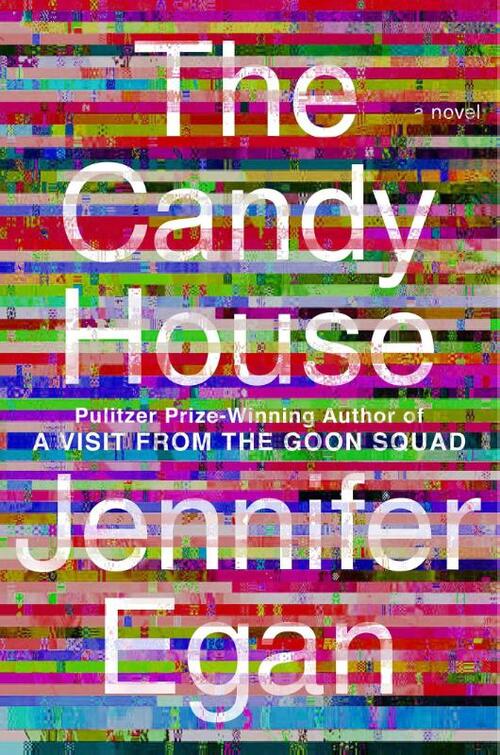Brian Plunkett reviewed The Candy House by Jennifer Egan
The Candy House
4 stars
4.5 stars (read in 2023). I thought this was great - and better than A Visit From the Goon Squad. One thing that soured it for me a little toward the end was the time spent in "See Below" revisiting "The General," which was one of my least favorite parts of Goon Squad. But that's a pretty minor complaint considering how much I enjoyed the novel overall. Fascinating ideas and characters, and lots of moving/memorable chapters ("Bright Day" is a standout). Also, having just returned from a trip to NYC, I appreciated the setting a lot.
4.5 stars (read in 2023). I thought this was great - and better than A Visit From the Goon Squad. One thing that soured it for me a little toward the end was the time spent in "See Below" revisiting "The General," which was one of my least favorite parts of Goon Squad. But that's a pretty minor complaint considering how much I enjoyed the novel overall. Fascinating ideas and characters, and lots of moving/memorable chapters ("Bright Day" is a standout). Also, having just returned from a trip to NYC, I appreciated the setting a lot.




